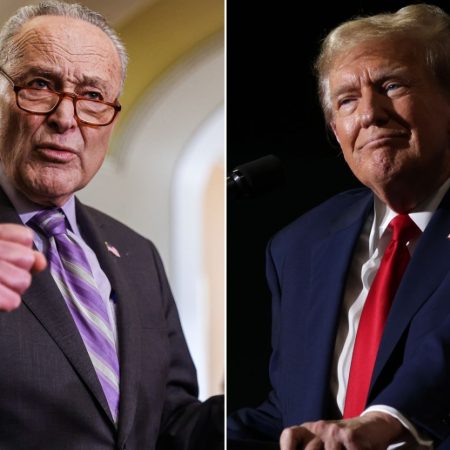Six months after a 38-month probe by the Federal Competition and Consumer Protection Commission (FCCPC) and Nigeria Data Protection Commission (NDPC), Meta is gearing up to challenge the $220 million penalty imposed for alleged unauthorized data sharing, inadequate consent mechanisms and discriminatory practices against Nigerian users.
In July 2024, the FCCPC fined Meta and WhatsApp for contravening Nigeria’s data protection and consumer rights laws.
On April 25, the Competition and Consumer Protection Tribunal (CCPT) upheld the FCCPC’s ruling and added a further $35,000 to cover investigation costs. Rather than accept the verdict, Meta immediately announced plans to appeal and apply for a stay of execution.
In a statement issued on April 26, WhatsApp emphasised the urgency of pausing enforcement “to avoid any impact to users” and criticised the tribunal’s findings as misrepresenting its operations and containing factual inaccuracies.
The original investigation, which ran from early 2021 through December 2023, uncovered what regulators called systemic failures in how Meta collected and shared personal data without clear user consent, treating Nigerians differently from other markets. The FCCPC’s action marked one of the largest data-privacy fines in Nigerian history and underscored the growing scrutiny of global platforms operating in Africa.
Meta’s decision to seek a judicial review signals a high-stakes battle over the jurisdiction and investigative scope of Nigerian regulators versus multinational tech firms. A successful appeal or stay would delay enforcement and buy Meta time to align its data practices with local laws—while a rejection could prompt wider calls for tougher cross-border data-protection enforcement.
Industry observers note that the outcome will have ripple effects on Nigeria’s digital economy, as both local startups and global players watch closely to gauge the robustness of regulatory oversight. For now, Meta’s legal team is preparing detailed submissions to contest the tribunal’s interpretation of consent requirements and to argue that the fine calculation exceeds what is permitted under Nigerian law.









No Comment! Be the first one.